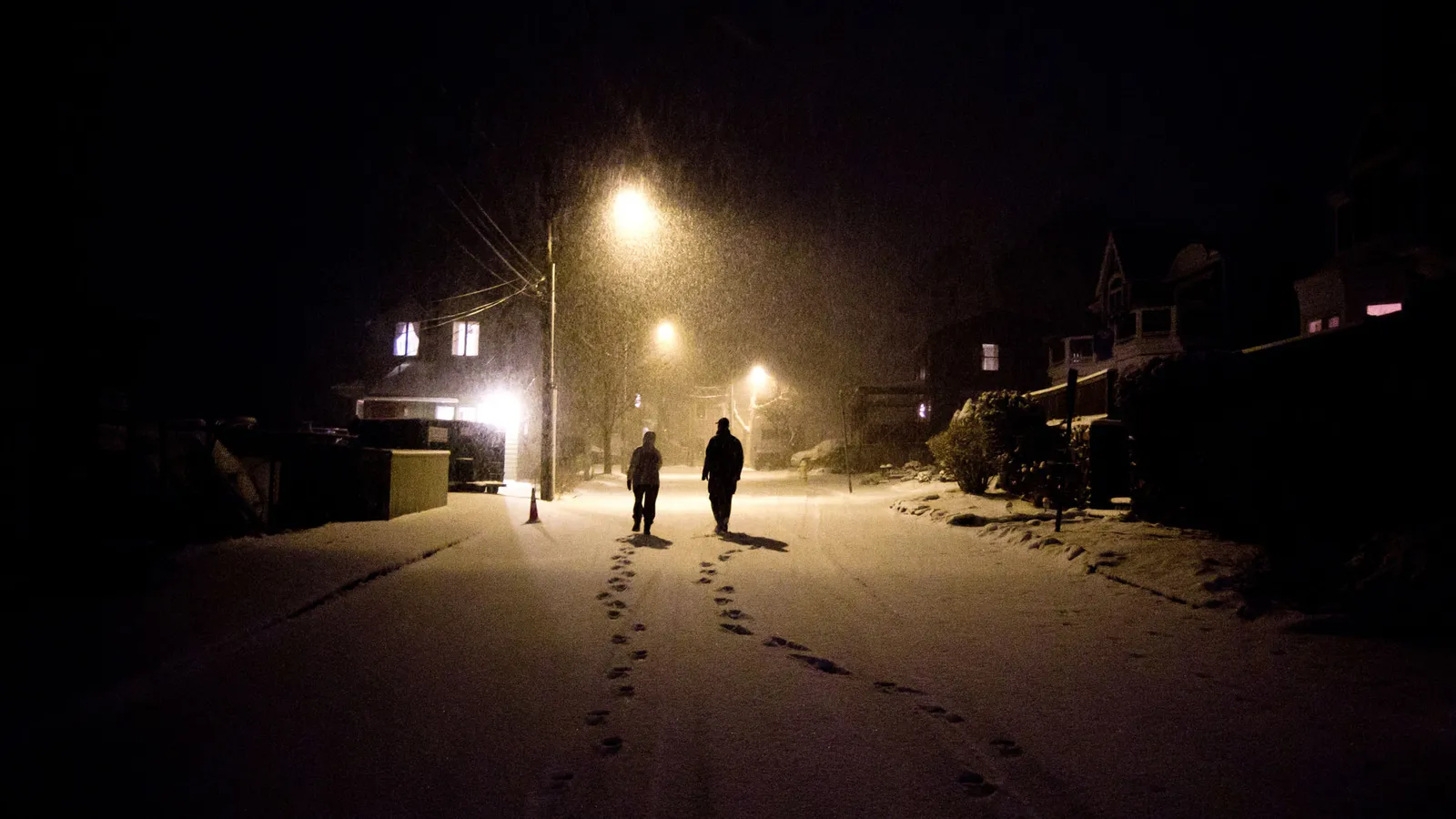33
there doesn't seem to be anything here
this post was submitted on 09 Jan 2024
33 points (100.0% liked)
Science
12822 readers
5 users here now
Studies, research findings, and interesting tidbits from the ever-expanding scientific world.
Subcommunities on Beehaw:
Be sure to also check out these other Fediverse science communities:
This community's icon was made by Aaron Schneider, under the CC-BY-NC-SA 4.0 license.
founded 2 years ago
MODERATORS
